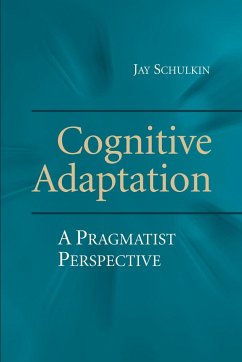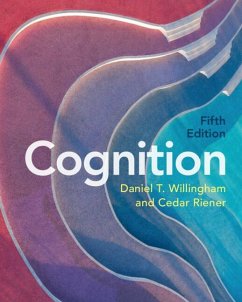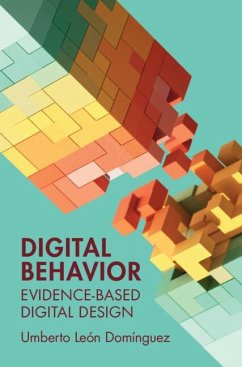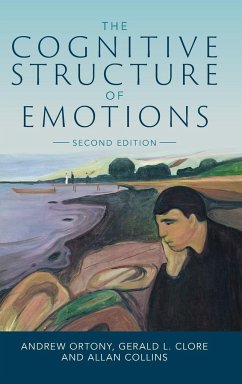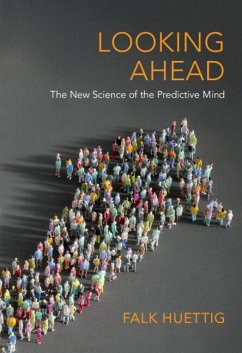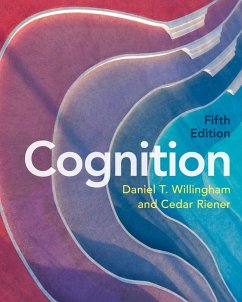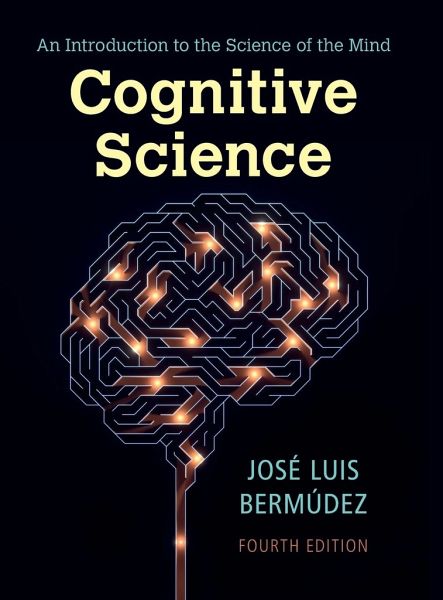
Cognitive Science
Versandkostenfrei!
Versandfertig in 1-2 Wochen
147,99 €
inkl. MwSt.
Weitere Ausgaben:

PAYBACK Punkte
74 °P sammeln!
The fourth edition of this popular text has been significantly rewritten to make it more accessible to students and easier for instructors to use. It remains distinctive in presenting a unified narrative of cognitive science as a field of inquiry in its own right. Thematically organized, Cognitive Science underscores the problems and solutions of cognitive science rather than more narrowly examining individually the subjects that contribute to it - psychology, neuroscience, linguistics, and so on. The generous use of examples, illustrations, and applications demonstrates how theory and experim...
The fourth edition of this popular text has been significantly rewritten to make it more accessible to students and easier for instructors to use. It remains distinctive in presenting a unified narrative of cognitive science as a field of inquiry in its own right. Thematically organized, Cognitive Science underscores the problems and solutions of cognitive science rather than more narrowly examining individually the subjects that contribute to it - psychology, neuroscience, linguistics, and so on. The generous use of examples, illustrations, and applications demonstrates how theory and experiment can be applied to unlock the mysteries of the human mind. Drawing upon cutting-edge research, the text has been updated and enhanced with a new chapter on emotions and the emerging field of affective science. An extensive online set of resources is available to aid both instructors and students.







